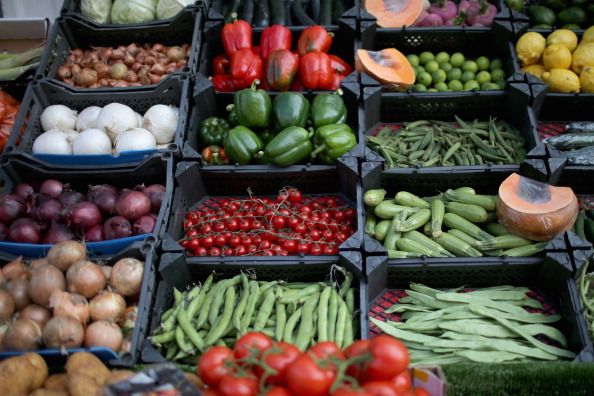
Although eating more fruits and vegetables are good for the health, it may be a challenge when you're eating the same thing.
In a data by the Economic Research Service (ERS) under the US Department of Agriculture, more than 55% of the vegetables in the country in 2013 were tomatoes, potatoes, and lettuce.
The ERS analysis is based on over 35 different types of legumes and vegetables, and their availability data were obtained by calculating their imports, exports, production, as well as inventories.
In 2013, a typical American consumed more than 110 pounds of white potatoes, majority of which were potatoes and French fries. He also ate over 64 pounds of processed tomatoes, which may be either canned or made into sauces. The tomatoes composed at least 20% of the overall vegetable availability. Americans also ate lettuce, though in a significantly less amount than white potatoes and tomatoes, at 25.5 pounds for every person.
Health experts highly recommend diversifying the choices of food in order to maximize the nutrients they contain. Eating too many white potatoes, for example, could mean an increase of carbohydrate intake. Too many carbohydrates can elevate blood glucose levels, which may result to insulin resistance when not controlled. Insulin resistance, on the other hand, is linked to obesity. Worse, as the report suggested, these potatoes were derived from processed ones, which may already contain saturated and even artificial trans fat that are both bad for the health when consumed in high quantities.
Dark greens like kale or spinach have been dubbed as super food due to the high concentration of antioxidants that can reduce the risk of fast cellular damage and chronic inflammation. It is also rich in vitamins such as A, C, and K. Legumes, meanwhile, are a good source of both fiber and protein, which can help in improving satiety or fullness. Fiber slows down the breakdown of sugar to avoid sudden increased release of insulin, a hormone that regulates glucose.
